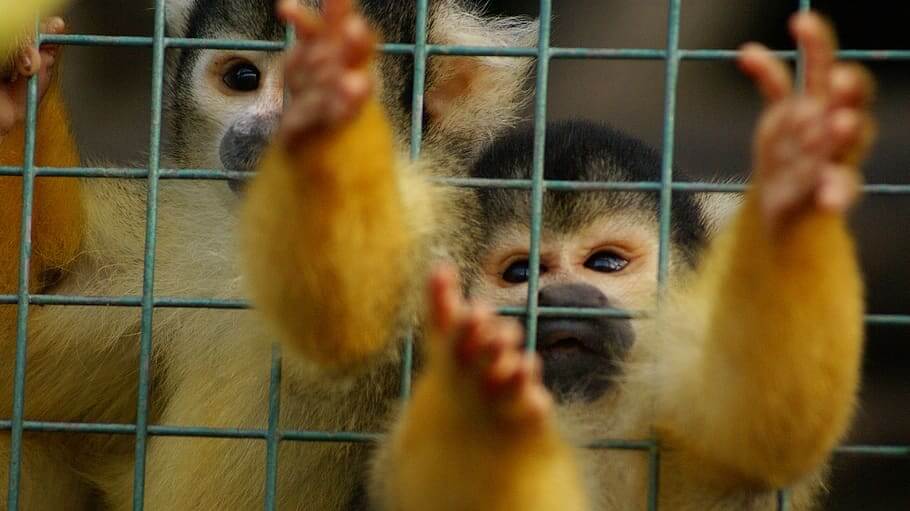The World Health Organization (WHO) is urging governments to “rigorously enforce” bans on the trade of wildlife for food.
The organization is also working with UN bodies to come up with guidance for the safe operation of wet markets.
Wet markets—which sell fruit, vegetables, meat, and sometimes wildlife—are common across Asia and Africa. These markets are a source of affordable food for many. They provide a livelihood for millions, says the WHO, but poor regulation is a problem.
“WHO’s position is that when these markets are allowed to reopen it should only be on the condition that they conform to stringent food safety and hygiene standards,” said Dr. Tedros Adhanom Ghebreyesus, the WHO’s Director General, in a statement.
He added: “Governments must rigorously enforce bans on the sale and trade of wildlife for food.”
Experts believe the novel coronavirus—which has now spread to more than 200 countries and infected more than 3 million people—started in a wet market in Wuhan, China. The most likely host is thought to be a bat, but another animal host (potentially a pangolin) helped the virus make the leap to humans.
‘It Comes Back to Bite Us and It’s No Surprise’
Ghebreyesus noted that an estimated 70 percent of new viruses come from animals.
Professor Andrew Cunningham—the deputy director of science at the Zoological Society of London—believes wet markets are “timebombs” for virus outbreaks.
He told the BBC: “This sort of way that we treat animals as if they’re just our commodities for us to plunder – it comes back to bite us and it’s no surprise.”
World-renowned primatologist Jane Goodall agrees. She said earlier this month that “it is our disregard for nature and our disrespect of the animals we should share the planet with that has caused this pandemic.”
She added: “We have to realize we are part of the natural world. We depend on it, and as we destroy it we are actually stealing the future from our children.”
She added that while making “ethical” consumer choices is not accessible for everyone—she highlighted those that rely on bushmeat for survival, for example—those that can, should.
Since the coronavirus outbreak, China has announced a ban on the trade and consumption of wild animals. The EU has also said it will crack down on the wildlife trade within its 27 member states.


